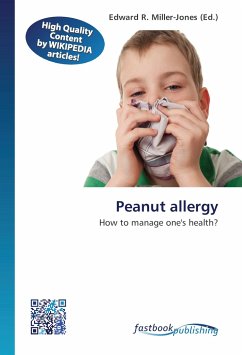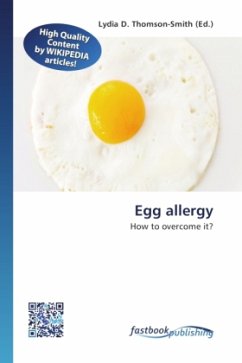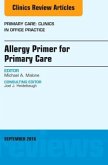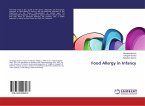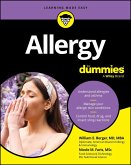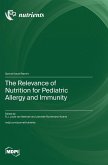Please note that the content of this book primarily consists of articles available from Wikipedia or other free sources online. Medical specialists have brought up findings revealing that lower income families tend to enjoy a sound health compared to the rich families. Official medical reports have shown that children from wealthy families are very much exposed peanut allergies than those who are less well-off. British statistics have recorded that children ages 1 to 9 from high-income families had higher rates of peanut allergies compared with children these ages from lower income families. Why? According to scientific researchers, the answer is found within the hygiene hypothesis. The hygiene hypothesis is the idea that living in a cleaner environment may make people's immune systems more sensitive, and increase the prevalence of allergies. From an in-depth scientific point of view, the hygiene hypothesis theory suggests that a lack of early childhood exposure to germs increases the chance for allergic diseases, that over sanitisation might suppress the natural development of the immune system...
Bitte wählen Sie Ihr Anliegen aus.
Rechnungen
Retourenschein anfordern
Bestellstatus
Storno

